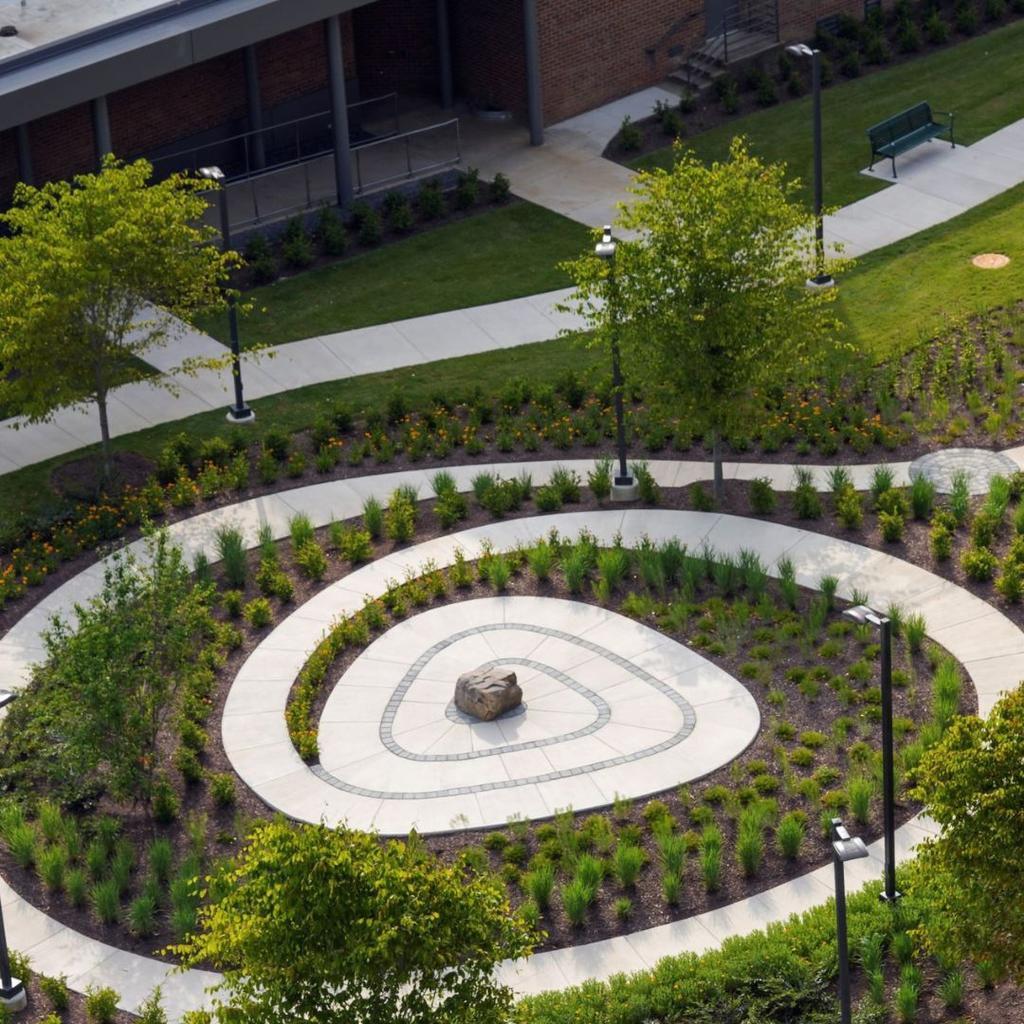Four fundamental principles characterize the work of organizational ombuds.

Independence
The Ombuds Office will be, and will endeavor to be perceived as, free from interference in the performance of its duties. The independence of the Ombuds Office is accomplished through
- the University's recognition of it,
- a reporting structure in which the Ombuds reports to the University President through the Chief of Staff,
- freedom from direction or interference in the substance of its work,
- and by being distinct from all other organizational entities.
The Office reports to the Chief of Staff of the Office of the President for administrative and budgetary matters only.

Informality
The Ombuds will
- be a resource for informal dispute resolution and problem- solving services only.
- not participate in internal or external formal investigative or adjudicative procedures.
- endeavor to provide visitors with information about relevant formal complaint processes to help educate them about their options.
Use of the Ombuds Office is voluntary and will not be a required step in any grievance process or University policy.
Note: Employee Relations is the source of information about policies and formal grievance processes subject to the Commonwealth of Virginia that pertain to classified employees working at GMU.

Nonalignment
The Ombuds will
- strive for impartiality, nonalignment and fairness in consideration of all visitors to the Office and the issues they raise.
- operate with the aim of supporting all visitors and parties in the most effective way possible and will facilitate communication and problem-solving in a way that does not take sides or favor a particular outcome.
- avoid involvement in any matter in which their private interests, real or perceived, may conflict with their ability to be truly impartial and independent in their role.
Impartial, neutral, nonaligned, and nonpartisan are synonymous terms that may appear in the place of neutral on this site to signal a professional commitment on the part of Ombuds to hear each party with new ears and to respect the dignity, agency, and capacity of individuals regardless of background, experience, identity, or personal allegiances.

Confidentiality
Confidentiality is the defining characteristic of the Ombuds Office.
- The identity of those seeking assistance from the Ombuds and all communications with them are confidential as permitted by law.
- The Ombuds will hold all communications in strict confidence and will not reveal--and must not be required to reveal--the identity of visitors to the Ombuds Office.
- Any memory notes taken while working with visitors will be shredded when the matter is resolved or becomes dormant.
Exceptions to Confidentiality
The Ombuds will not reveal any information disclosed to them in confidence except in accordance with the IOA Standards of Practice, including
- not disclosing such information without a visitor’s express permission and then only at the discretion of the Ombuds.
- disclosing otherwise confidential information if they determine what might be an imminent risk of serious harm.
- disclosing information as necessary to defend against a formal complaint of professional misconduct.
For Clery Act statistical purposes, the Ombuds will anonymously report aggregate data related to violent crimes in accord with University Policy 1412.
